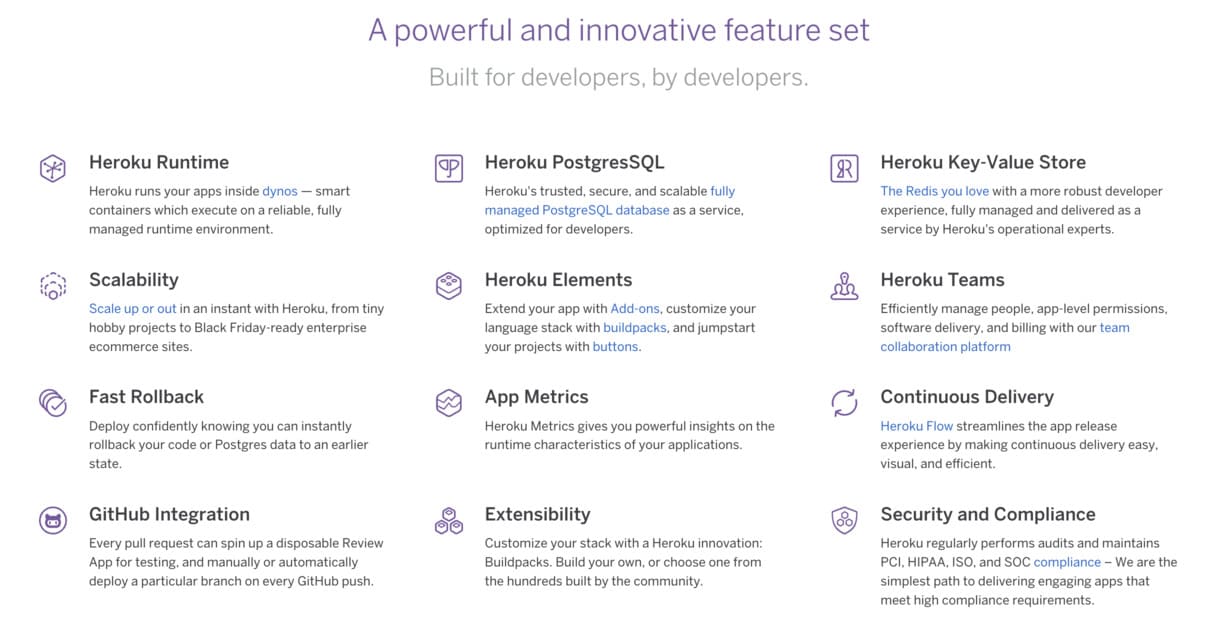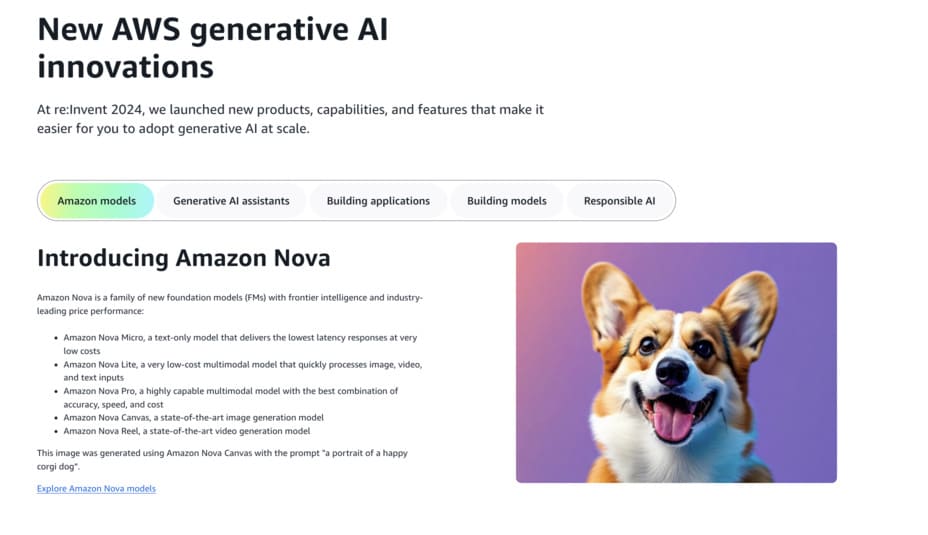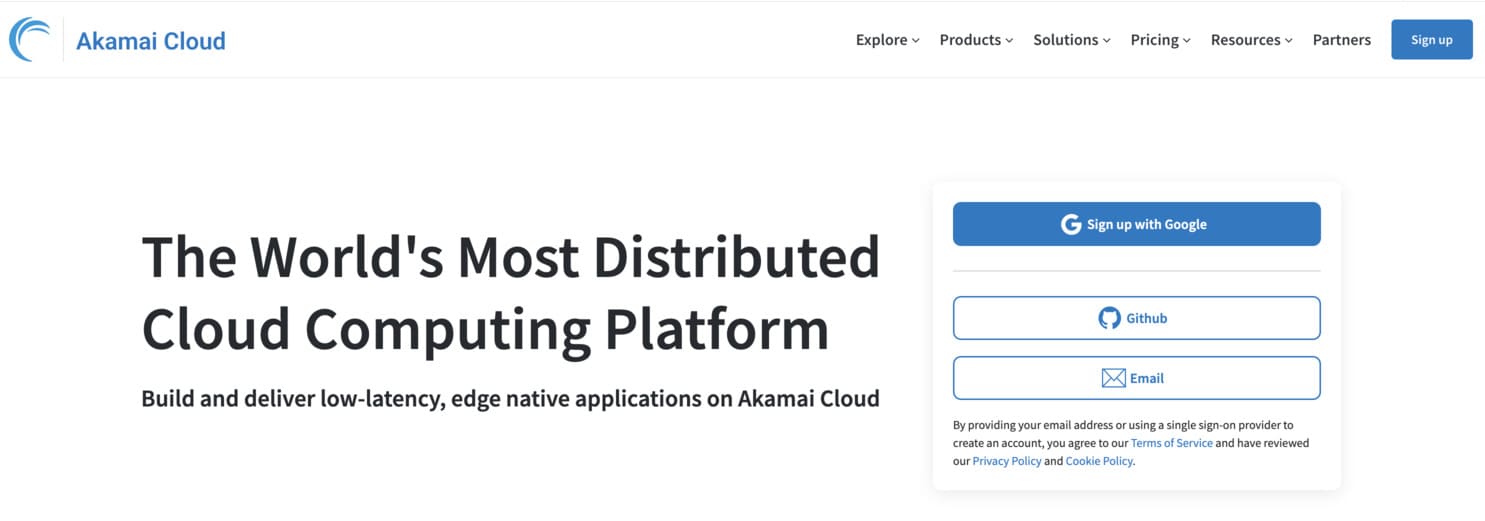This review of Heroku delves deeply into one of the most highly acclaimed Platform-as-a-Service (PaaS) vendors on the market. Founded in 2007 and acquired by Salesforce, Heroku is now an industry favorite among developers and businesses alike. Boasting a fully managed container-based architecture and support for multiple languages, Heroku promises ease and scalability.
What Does It Do
Heroku is a PaaS in which developers are able to write, run, and deploy apps without bothering about infrastructure. Heroku can run a very large number of programming languages including Ruby, Java, Node.js, Python, PHP, Go, Scala, and Clojure. Its adaptability makes it ideal for multi-varying development teams.

Main features are:
Managed Cloud Services: From databases to personal space, Heroku does the bulk work so that you do best what you do best: code.
Heroku Postgres: A robust cloud database service offering 99.95% uptime, backups, rollbacks, and continuous protection.
One-Click Add-Ons: Access over 150 third-party integrations and 380+ open-source buildpacks for extended functionality.
Scalability: Easily scale resources up or down based on your application’s needs.
Security: Continuous protection ensures that your applications stay secure with the latest patches.
Whether you’re prototyping or managing a mission-critical app, Heroku provides a seamless experience for developers.
Pricing
Heroku offers a tiered pricing system to support diverse application needs. The Eco Plan, Standard plan, Performance plan and Private plan. Visit the Heroku pricing page for more details.
Product History
Heroku has developed enormously since it was started in 2007. Purchased by Salesforce in 2010, it continued to grow and adapt to support modern development needs. It added support for new programming languages, enhanced database products (e.g., Heroku Postgres), and private space for secure deployment of apps in the years past. Heroku remains at the forefront of PaaS innovation as of 2025.
In summary, Heroku continues to be among the best for developers in search of a hosted PaaS in 2025. It offers ease of deployment, high-grade feature set, and scalability with its price making it an exceptional choice even when more expensive than others. Both individual developers or enterprise teams benefit from the value that Heroku provides in the form of innovation and dependability.
Ready to take your app development to the next level? Get started with Heroku today and learn why it's loved by startups and industry titans.
| Pros | Cons | Unique Features | Pricing | Social Media |
|---|---|---|---|---|
|
|
|
|
|
The product (Heroku) starts at 5 USD.




